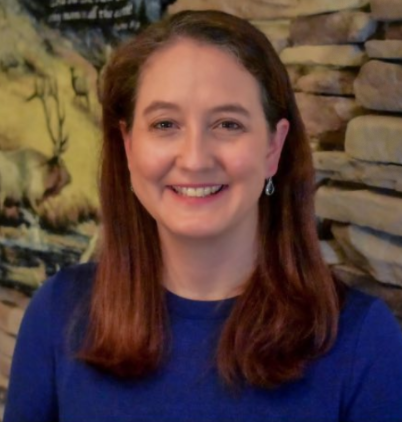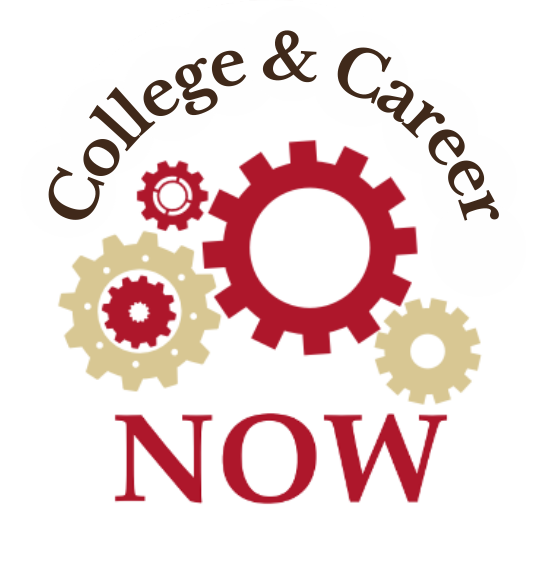
#SDSUSCFellows- Kimberly Twarowski
Interview with Kimberly Twarowski
School Counselor at Shelby Junior High
What is the biggest challenge you faced in your own educational journey?
After I received my Master’s degree in Florida, I moved back to Michigan, where it was required that counselors have a teaching degree. I did not have that so I returned to school to obtain my teaching certificate. Two years after I graduated, Michigan changed and allowed school counselors to practice without a teaching degree. Financially having to do both was difficult. I knew I wanted to be a counselor but I had to spend the extra time and the extra money to get that teaching subject first. I will say that it was a benefit to me to have that teaching degree. It’s helpful but I think that Michigan made a good decision to allow people to get a school counseling degree without a teaching degree.
If you could go back and visit your elementary, middle, and or high school counselor, what would you tell them?
Honestly, I don’t have a clue who any of my counselors were. I know that junior high was a really rough emotional time for me so I would say that it’s important to reach out not only to the kids who are labeled “difficult” or “bad” but also your high performing kids. I was a high performing kid academically but I was kind of a mess emotionally. That is one thing I consider in my own practice, which is that everybody needs support. It doesn’t matter what their grades are, everyone needs an adult to talk to.
What message of encouragement would you give to first generation students trying to figure out their postsecondary path?
I didn’t decide until later what I wanted to be and I think that’s so important for students to know, that you don’t necessarily have to know what you want to do and that is ok. It’s ok to attend your community college and take some general classes while you find your path. It’s ok to work until you find your path. I think getting that exposure, trying something new that you didn’t have the opportunity to do in high school through CTE classes, internships, and/or work study is helpful. If you’re not sure, explore. If you’re sure of your path from the beginning then go down that path. And either way make sure to know the resources available to you! Find out where your help centers are, find out where your office of disability services are, etc. There are a lot of people out there to help you, so that you don’t feel that you have to go it alone.
If you could give one piece of advice to higher ed professionals, what would you want them to know?
My daughter is in college right now, and it has been a hard year to be in college. Going off her experience, my advice is that your students’ experiences are valid. I think it’s really important at that level to still pay attention to students’ emotional states. I think you have to be passionate and love the subject you teach, but also remember that you’re still teaching people. One thing we say at my school is, “you don’t teach 9th grade English, you teach 9th graders the English subject,” because it is important to focus more on the student than the subject matter. I feel like college professors may tend to have the mentality of, “oh well I taught it, if they didn’t learn it that’s on them.” But that’s not fair, students are still only 18, 19, 20 year old kids. It’s also important if they don’t show up to your class, reach out to them. You can send them an email to check in with them, don’t just assume that they’re lazy. If you send them an email and say, “Hey, we missed you this morning, I just wanted to check in and see if you’re ok.” That’s showing enough of an interest for that student to start coming to class because now they know that their lack of presence is noticed. I know college professors may have classes of hundreds and perhaps can’t do that themselves, but use your TAs. Do something to make sure that your students do not feel like a number, especially on those larger college campuses where it’s so easy for these kids to get lost.
Tell us about your advocacy project.
My focus is researching social emotional learning (SEL) curriculums. There are so many out there and currently my district is going to default to the county’s recommendation. Yet, the more I research the more I realize that is not the best choice. It is recommended that schools pick the best SEL curriculum for them. The problem is that not every school is able/willing to deeply research social emotional learning. I hope to take what I’m finding to the county so that I can support them, then bring it to my district and get more social emotional learning across the district. SEL is not something I can do alone. I am only able to teach a lesson once a quarter so it really needs to begin in pre-k and go until 12th grade. Good social emotional learning leads to more college attainment. A simplified explanation of why is that the younger you start the SEL curriculum, the more stable the kids are, the more they can listen to the college and career information, the more they will want to go to college. To me it fits with encouraging college access because you are dealing with a lot of the reasons that kids don’t go: they don’t feel confident, they don’t know how to navigate, they don’t know how to ask questions. All of those things are taught in a good social emotional curriculum and take away those barriers. Students will know how to research, know how to ask questions, feel confident navigating college on their own, and that’s why it’s so important to implement good SEL curriculums.
Is there anything you would like to address that I haven’t asked?
- I was fortunate enough to be able to meet with our state representative and I’m meeting with another one soon. The need for counselors is so huge and I feel that this year has brought that into perspective more than anything. I hope that our legislators from the top down realize you have to put the funding behind it.
- When I did my teaching certificate, I already had my Masters in school counseling, I went through Michigan State University. I was surprised to find that their teaching certificate program didn’t include any educational psychology classes. I found that wrong because I can see it in the colleagues that I work with. They’re not trauma centered. They’re not social-emotional based. I think that makes it harder for us all to work together. All of those things need to be infused not only in school counseling but also teaching programs. I think the programs (school counseling and teaching) need to work better together. Perhaps school counseling professors can work to teach teachers social SEL and from a trauma centered perspective. There are some teachers that are great at it and some that are horrible at it.
- In terms of student well being and mental health, I had a student attempt suicide last night and I had to make a call about another one that was threatening suicide. My colleagues and I have discussed that these kids normally come and talk to us about the “little stupid things” and because they’re not here on campus and reluctant to reach out on on zoom, they are not getting a chance to talk about the “little stupid things”. These, plus covid and death and loss are all building up and they can’t handle it. I have had to hospitalize more students this year. I’m dealing with more and more students with anxiety. I think if they’d been here, on campus, if I had better access to them, a lot of them wouldn’t be there. Kids just need to talk, they need someone to talk to who will listen. That’s also why it’s important that kids learn how to seek out and talk to an adult, get good advice from an adult, then incorporate that. Sadly there are not enough of us.
